Better to be patient than brave. Better to have self-control than to conquer cities — Proverbs 16:32
In a world where instant gratification is the norm, discipline becomes an act of rebellion. In this era of comfort and excess, we have more responsibility—and more opportunity—than ever to practice self-discipline. As Seneca said, the most powerful man is the one who rules himself.
Be the Master of Yourself
Self-discipline is the ability to stay in control: to work hard, say no, build good habits, train, set boundaries, resist temptations and provocations… to keep your emotions under control. In this sense, discipline is balance: it’s giving everything you’ve got, but also knowing when to hold back.
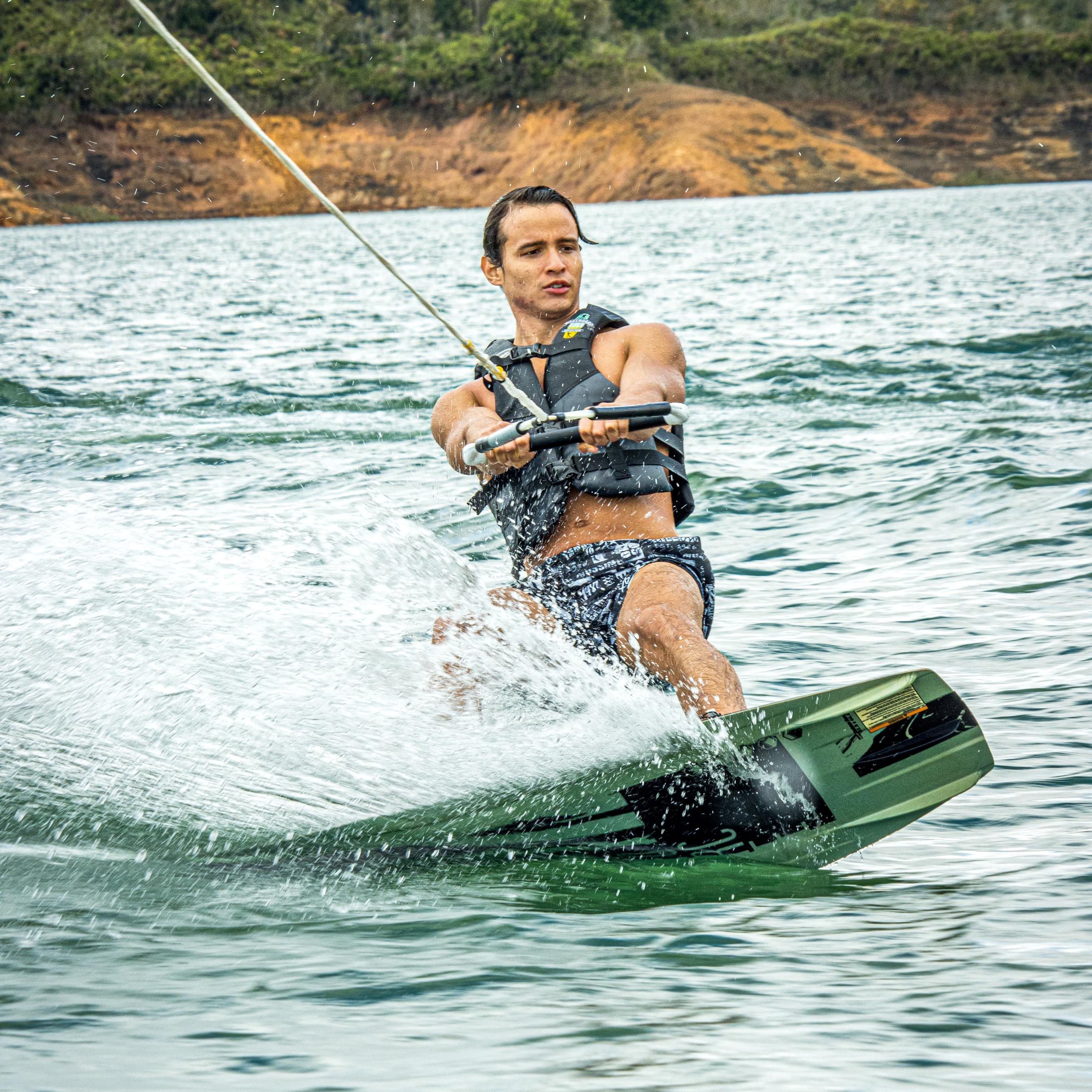
This kind of temperance is not deprivation, but harmony. We resist some things so we can pursue others. It is physical, mental, and spiritual mastery.
He who conquers others is strong. He who conquers himself is mighty — Lao Tzu
The First Battle
The first pillar of discipline is mastering our own body — training it to reach its maximum potential.
We treat the body rigorously so it won’t disobey the mind — Séneca
We adopt habits that help us build a healthy body — one that will respond well to the mission we have in this world. We work to shape an optimal body capable of meeting the challenges of our profession, our calling, and our purpose.
Why? Taking care of the body, moderating desires, working hard, exercising, resisting temptations—this isn’t about denying ourselves pleasure. It’s just a different way of embracing it. These actions offer a reward: pleasure.
Is overindulgence really that pleasurable?
Was last night really that fun? Let’s be honest: no one suffers more than the chronically lazy. No one feels worse than gluttons when the scale gets its revenge, or the reckless when the health bill comes with interest.
What joy remains after a night of drinking, when the hangover tears you apart the next day? How glorious is the life of someone who stays up every night, only to drag themselves through the day? And let’s not even mention those who can’t calm their anxiety without a cigarette, a drink, or some other bait disguised as relief. In short, excess isn’t pleasure — it’s delayed punishment.

We are meant for more than wandering through life chasing momentary pleasure. If we aspire to greatness—to be productive and exemplary members of society—we must care for our bodies. Not just at the gym, but by feeding them well and avoiding self-sabotage through drugs or alcohol.
How Do We Do It?
Lou Gehrig reached greatness by setting the record for most consecutive games played in Major League Baseball. His secret? Simple, consistent habits: a clean diet, daily training, sleeping at 9:30 PM, no alcohol, no tobacco. Perfectly achievable practices for all of us.
Lou chose to control his body. He was driven by an unbreakable ambition to become a successful player—every single day. He chose discipline despite the sacrifices, while others skipped the “penance” and got by. But when you love your work, you don’t cheat or ignore its demands.
Win Your Daily Victory
Choose any activity: swimming, lifting weights, karate, surfing, long walks. The method doesn’t matter—the key is to move your body every day. Treat it with discipline so it doesn’t defy the mind.

Do the sport you love and as much daily exercise as you can manage. Even 15 minutes is enough. Time or method doesn’t matter—what matters is claiming your daily physical victory. This is non-negotiable for disciplined people who love their bodies.
Remember, your habits are only as strong as the weakest link in your system. On your busiest day, at least go out for a walk. Always have a fallback plan if the day doesn’t go as expected. But that daily victory? Non-negotiable.
Attack the Morning
In Meditations, Marcus Aurelius — the most powerful man of his time — tries to convince himself to get out of bed at dawn, while his lower self claws desperately to stay under the covers.
"Was I made to huddle under blankets?" — Marco Aurelio
Get up early and get going—while you're fresh. Take advantage of those first few hours, when our willpower is at its peak. The mind is clearer, sharper, and more creative. Train your body so that you decide when to rise—not your body.
Don’t you see the plants, birds, ants, spiders, and bees doing their tasks, putting the world in order as best they can? And you’re not willing to do your human work? — Marco Aurelio
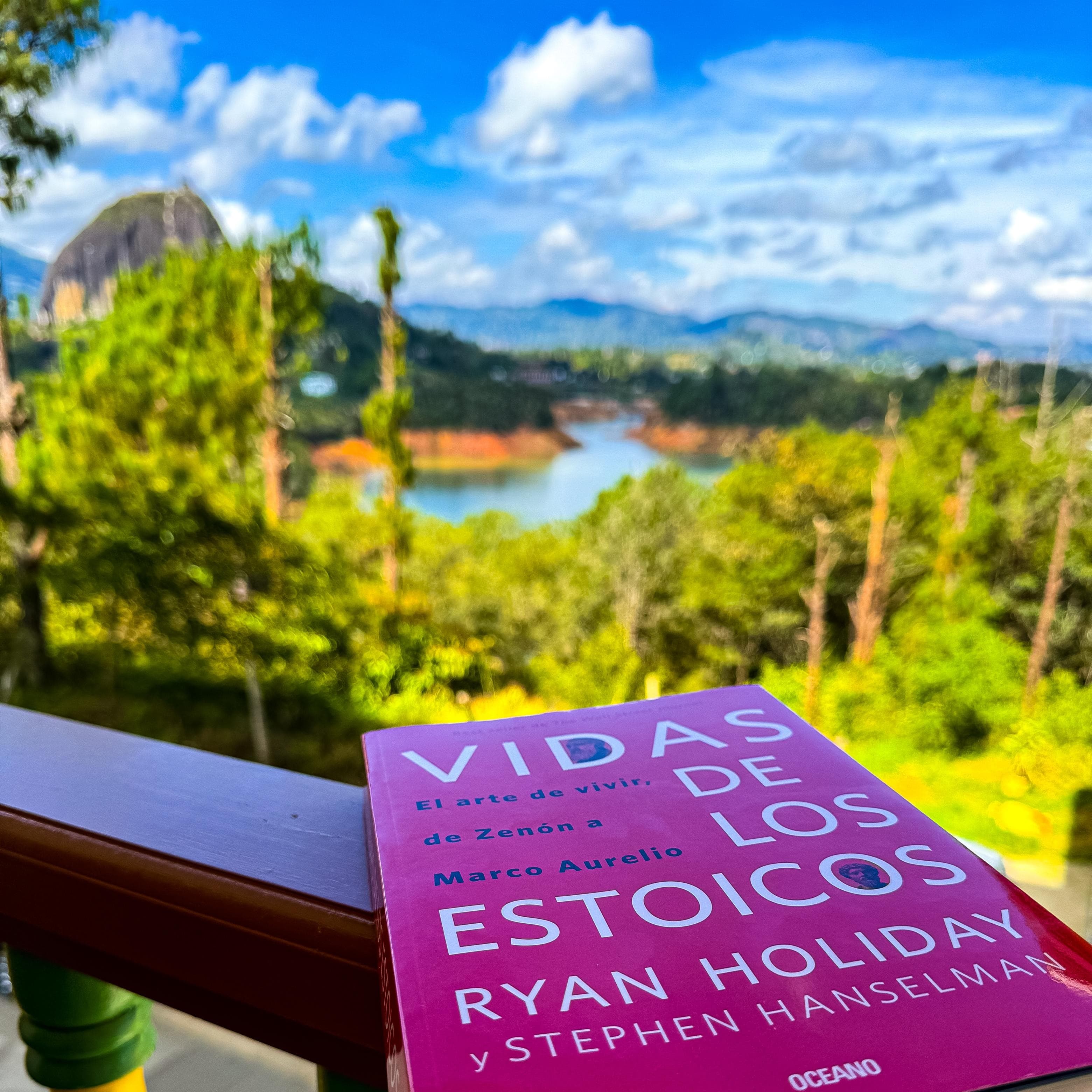
Why not run toward what nature demands of you? Wake up and do your duty as a man. Start with a fixed hour each day—one your body resists. Embrace the discomfort. The obstacle is the way.
Rejoice in the fact that you’re awake. Feel joy in having one more day to do what you love — Ryan Holiday
Sleep Is a Matter of Character
Our peak moments almost never happen when we’re exhausted or out of control. To rise with energy and face the day with resolve, we must first go to bed on time.
If Marcus Aurelius had stayed up a few more hours, his inner battle about waking to fulfill his duty as a man would have been very different.
After a long, exhausting day—still with tasks pending and social media screaming for our attention—only one final act of discipline remains: Go to your room and sleep.
It’s a sign of character. It’s the humility to recognize we can’t do everything in a single day. It’s the maturity to accept that the day is over.
Life is a long game, and in that vast timeline, winning a good night’s sleep is worth far more than trying to conquer the world in a single day.
Stop Being a Slave
Who can truly be free when they’ve lost the freedom to abstain? Real freedom means having control over our bodies, minds, and thoughts. It’s not freedom to give in to habits that whisper, “all you need is more of me” to feel okay. Would we really feel empty or weak without them? Isn’t that a bit… pathetic?
The less you need, the more powerful you become. The less you want, the richer and freer you are.
When we depend on a habit or substance to feel okay, we become vulnerable. Why should we obey our stomach, our cravings, our addiction to work… or that device that might as well be attached to our body?
The first step to liberation is to become aware of our dependency. Acknowledge it. Understand that — even if it’s socially accepted — it makes us weak. And neediness itself is the root of all suffering.
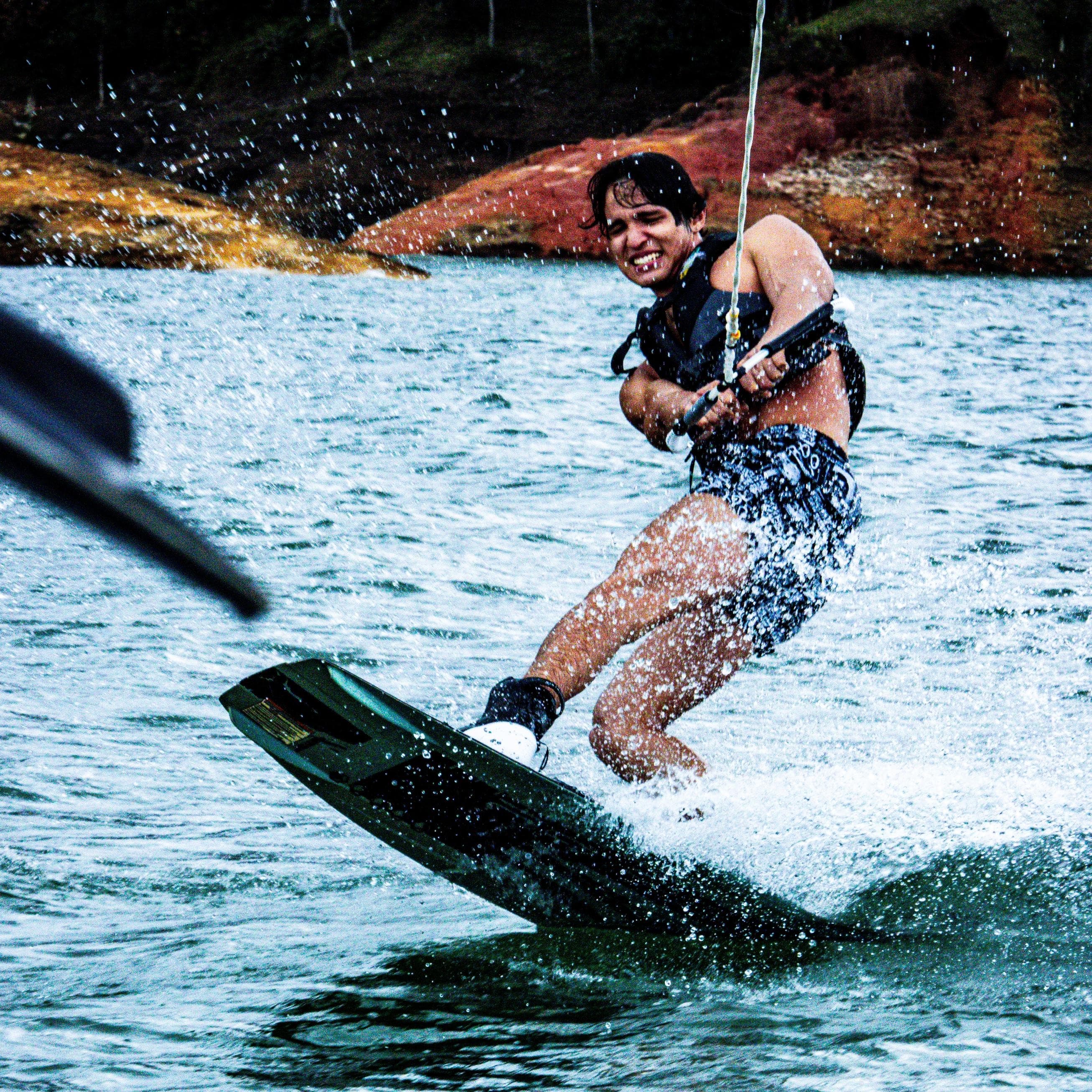
Freedom exists when you have control over your body. Freedom requires discipline. Discipline gives us freedom.
Your body cannot be in charge. You must take the reins. The next step is cleansing. Whatever harmful habit seems to control your life—you must let it go. Whether it's cold-turkey or with help, the path is the same.
We all fight bad habits, but it’s never too late to defeat that parasite that always wants more and is never satisfied. That void can only be filled by one choice: choose freedom.
Embrace Discomfort
True growth lies in doing uncomfortable things every day. By deliberately exposing ourselves to challenges, we force the body and mind to transform and adapt. Run the marathon. Do one more rep when your mind screams you can't. Take the ice bath. Face the heat of the sauna. Push until failure.
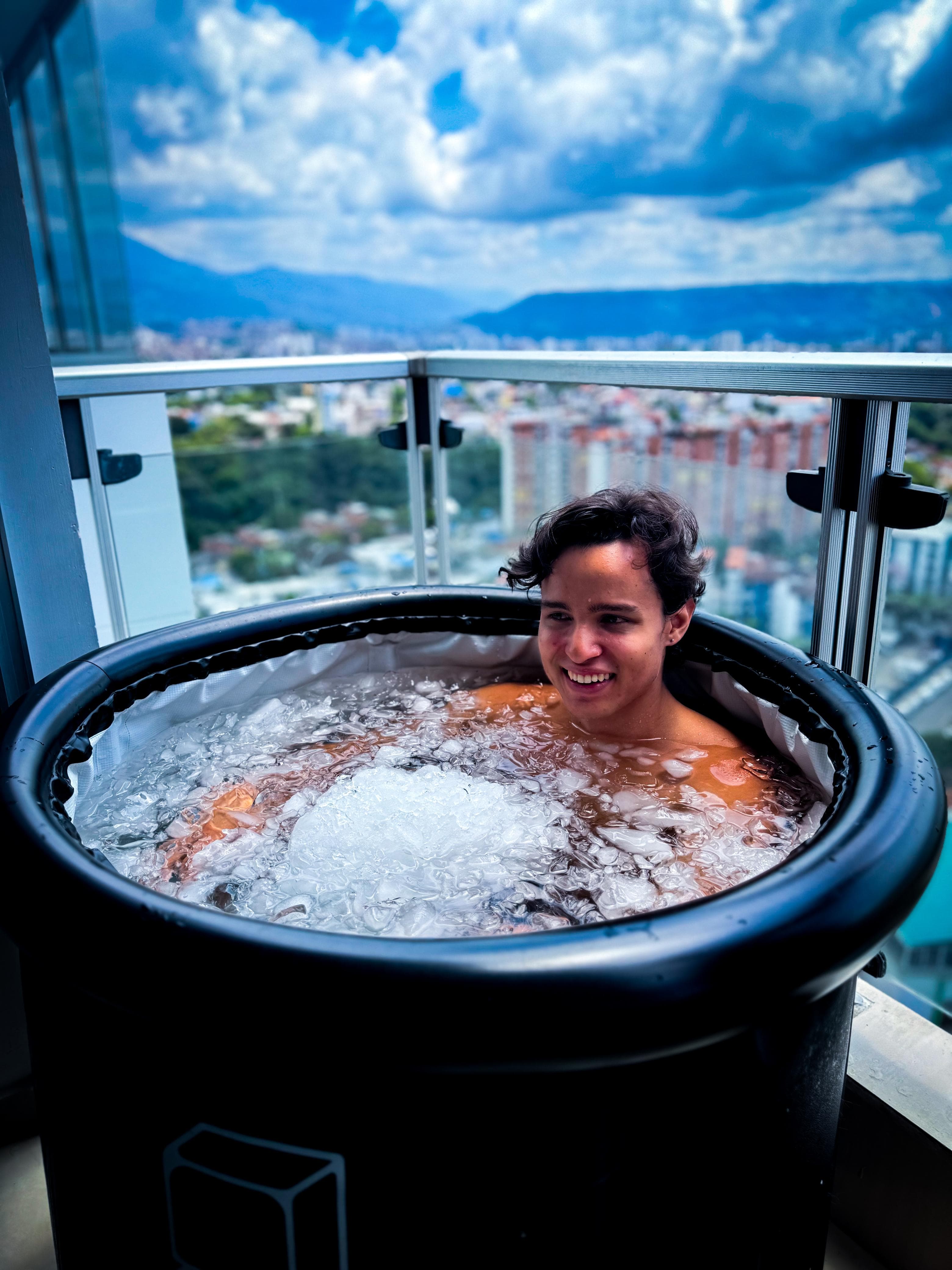
We choose the hard path because, in the long run, it’s the only one that works. Do that thing you know you’re capable of, but prefer to avoid.
Virtue whispers every day that true fulfillment lies down the narrow road—the uncomfortable one. Just as a sword is tempered by extreme heat, discipline is a virtue forged in the trials we willingly face.

Learn something new. A different sport. Take those dance classes. Enroll in that course that scares you—the one you know you’re not good at. That’s how we force body and mind to adapt. The more skills we carry, the more confident we are in what our body can do. We’ll be ready when the test comes.
The Body as a Reflection of the Mind
The better we care for our body, the better we live this fleeting life. In the end, our body keeps the record of every decision we make today. Are you making the right choices? Are you in charge—or is your body commanding you?
Temperance in the body directly affects the mind. Excess and physical indulgence cloud our thinking. The brain regulates the body, but if the body is in ruin, withered and worn out, the brain can’t do its job.
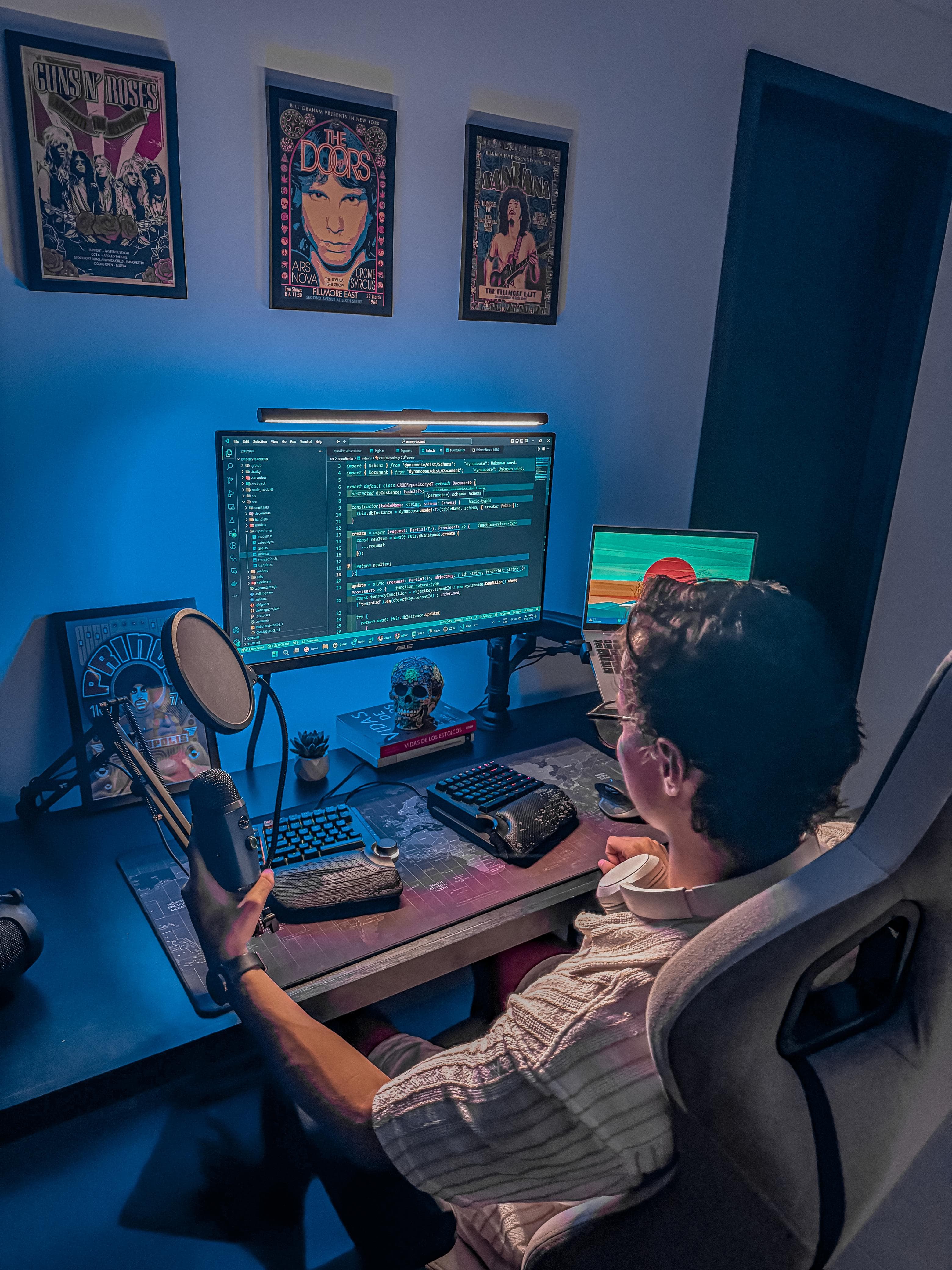
No one who is a slave to their impulses or laziness—no one without strength and a solid routine—can build a great life. They’ll be too consumed to be of any real service to others. Lack of control over the body leads to poor decisions, distractions, and surrender to fear and weakness. You become trapped—enslaved by fleeting emotions and sensations.
So we treat the body with discipline. We restrain it. We rule it. That way, it can’t invade or overpower the mind - Ryan Holiday
The First Step Toward Virtue
We limit ourselves physically to free ourselves mentally and spiritually. Discipline is the key that breaks the chains. This is how we are saved.
The body is only the first rung on the ladder toward virtue. True self-control isn’t just about what we do—it’s about how we think, how we respond to the chaos and noise of the world. Complete happiness belongs to the one with a strong body, a sharp mind, and a calm, cooperative nature.
We’re here to help each other on this path. This is Coldest Podcast.
Discussion (1)
Muy buena reflexión, temas que podemos aplicar a nuestro día a día y mejorar nuestra salud tanto física como mental. También muy buenas tómas.